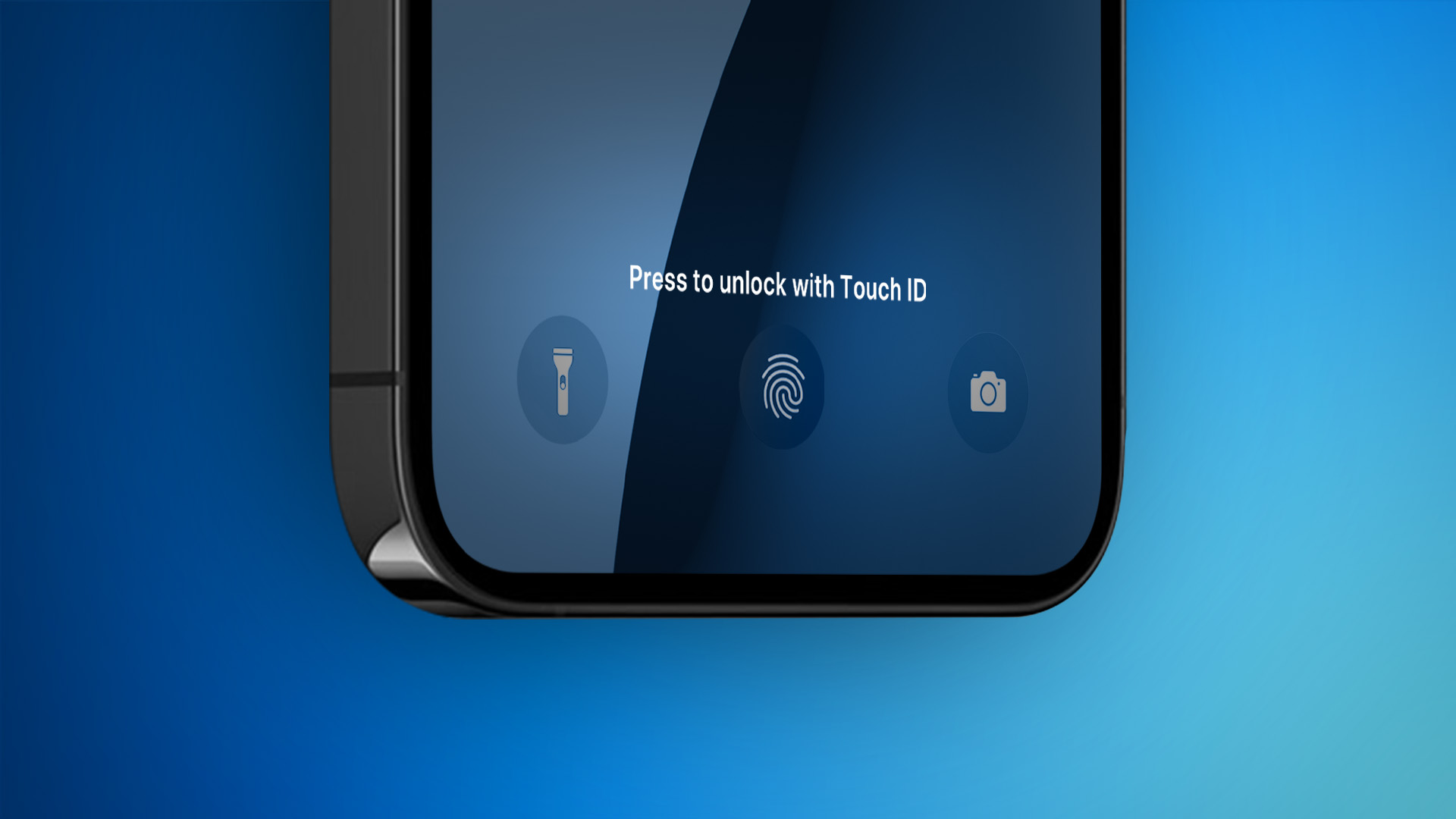Apple's iPhone 16 lineup will not see the return of Touch ID fingerprint authentication technology, a new report claims.

The information comes from an integrated circuit expert on Weibo with a track record for sharing information about Apple's plans. In a new post, they explained that most of the equipment originally used to manufacture the chips required for the iPhone's version of Touch ID has apparently now been permanently shut down, with the only remaining units used for the third-generation iPhone SE, suggesting that Apple has no plans to resurrect Touch ID as a method to authenticate on the iPhone in the immediate future. It is also worth pointing out that there are no noteworthy rumors about the return of Apple's fingerprint scanning technology for the iPhone 16 lineup that are still dependable.
Reports suggest that the fourth-generation iPhone SE will feature Face ID, replacing the last iPhone model that still features Touch ID. Even so, rumors persist that Apple is working on under-display fingerprint technology that could debut around 2026 – the same time frame that the company is ostensibly planning to move Face ID under the display of the device.
The Weibo source was first to report that the iPhone 14 would retain the A15 Bionic chip, with the A16 being exclusive to the iPhone 14 Pro models. They recently said that the chip designed for the upcoming iPhone 16 and iPhone 16 Plus will be made using a distinct manufacturing process, differing fundamentally from the A17 Pro chip in the iPhone 15 Pro, to reduce production costs.
This article, "Report: Touch ID Will Not Return on iPhone 16" first appeared on MacRumors.com
Discuss this article in our forums
Source: TechRadar

The information comes from an integrated circuit expert on Weibo with a track record for sharing information about Apple's plans. In a new post, they explained that most of the equipment originally used to manufacture the chips required for the iPhone's version of Touch ID has apparently now been permanently shut down, with the only remaining units used for the third-generation iPhone SE, suggesting that Apple has no plans to resurrect Touch ID as a method to authenticate on the iPhone in the immediate future. It is also worth pointing out that there are no noteworthy rumors about the return of Apple's fingerprint scanning technology for the iPhone 16 lineup that are still dependable.
Reports suggest that the fourth-generation iPhone SE will feature Face ID, replacing the last iPhone model that still features Touch ID. Even so, rumors persist that Apple is working on under-display fingerprint technology that could debut around 2026 – the same time frame that the company is ostensibly planning to move Face ID under the display of the device.
The Weibo source was first to report that the iPhone 14 would retain the A15 Bionic chip, with the A16 being exclusive to the iPhone 14 Pro models. They recently said that the chip designed for the upcoming iPhone 16 and iPhone 16 Plus will be made using a distinct manufacturing process, differing fundamentally from the A17 Pro chip in the iPhone 15 Pro, to reduce production costs.
Related Roundup: iPhone 16
Tags: Touch ID, Phone Chip Expert
This article, "Report: Touch ID Will Not Return on iPhone 16" first appeared on MacRumors.com
Discuss this article in our forums
Source: TechRadar